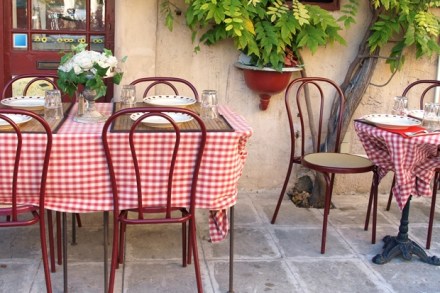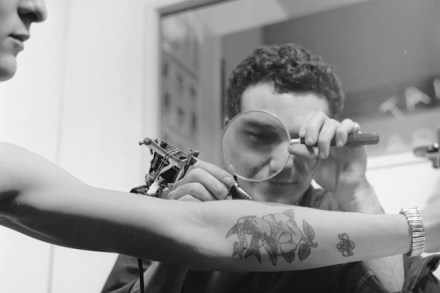Women must be free to wear the bikini – and the burkini
‘Let’s play a game. Yohji or Burkini?’ a friend and fellow fashion writer in Paris lazily suggested. We were sitting by Paris Plage, on deckchairs on the edge of the river Seine. Tourists, families, screaming infants and the usual Paris bobos, clad, this year, in impeccably chic austerity, with hardly a square centimetre of skin revealed, all mingle. Our conclusion was that it’s hard to tell the difference between conceptual designer Yohji Yamamoto’s latest outfits and the modest styles worn for religious reasons. The burkini, designed in 2003 in Australia but barely known in France until recently, could also easily be worn by both fashion divas or the devout. Yet it has now become a subject of




















